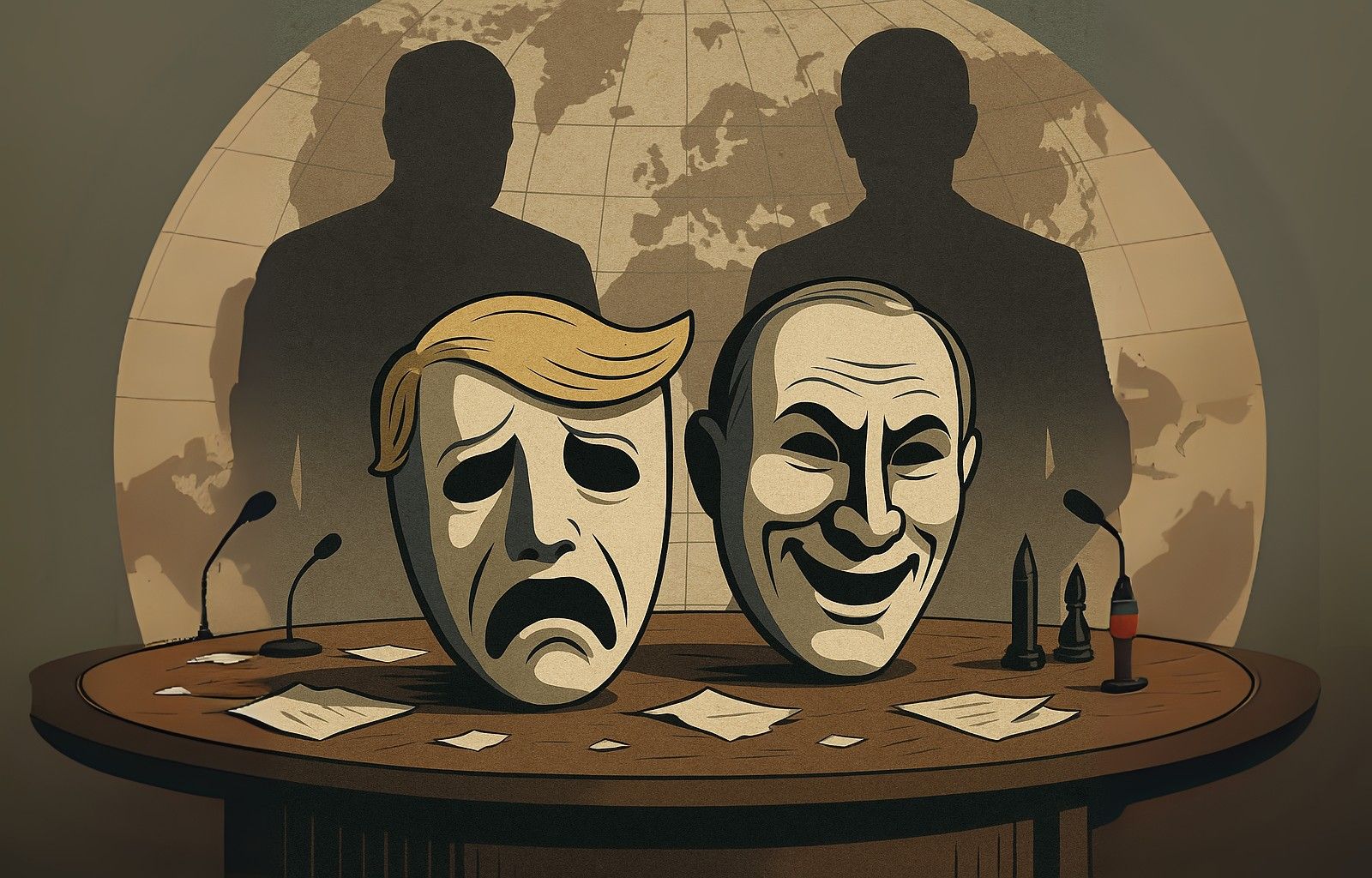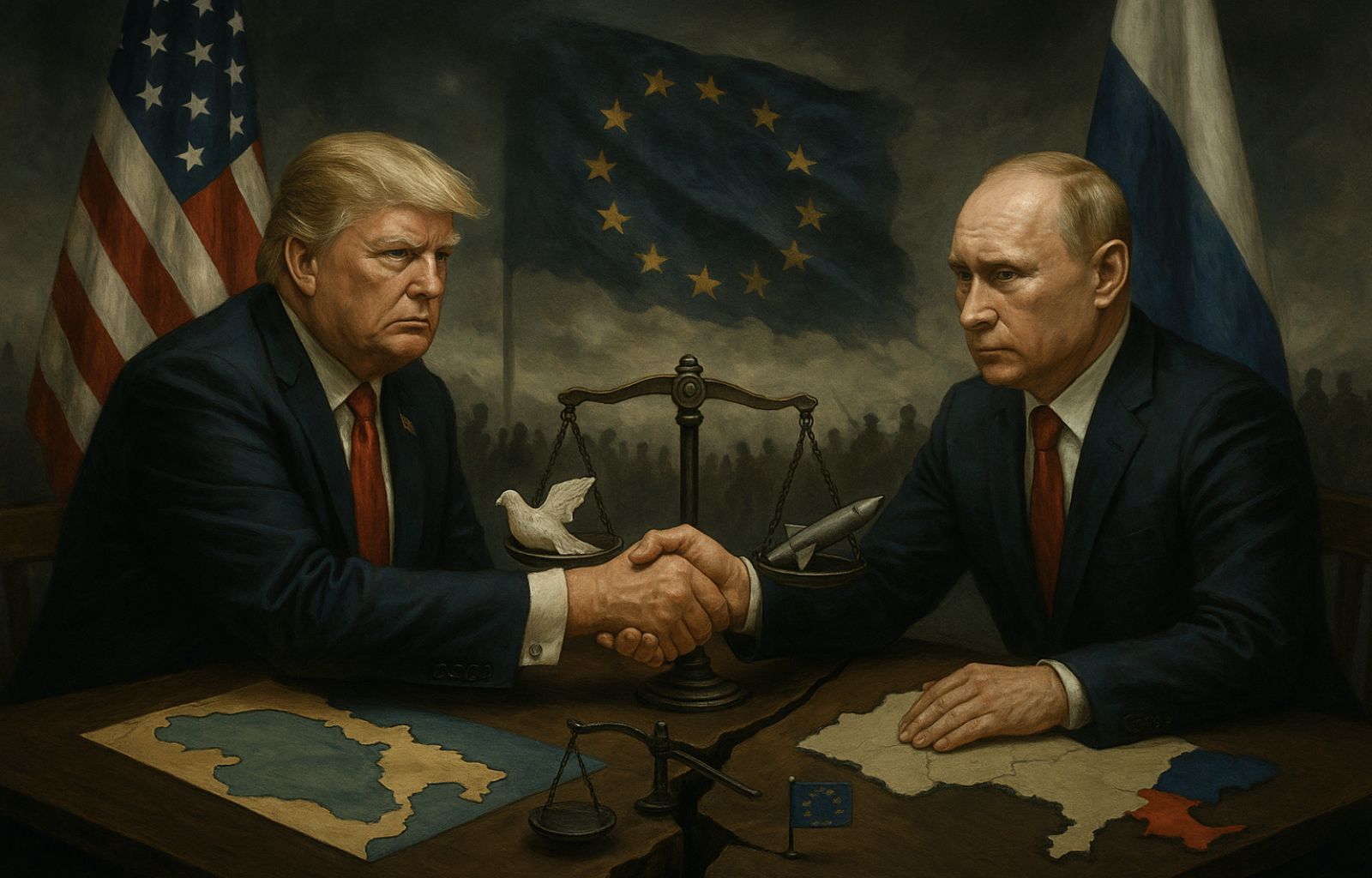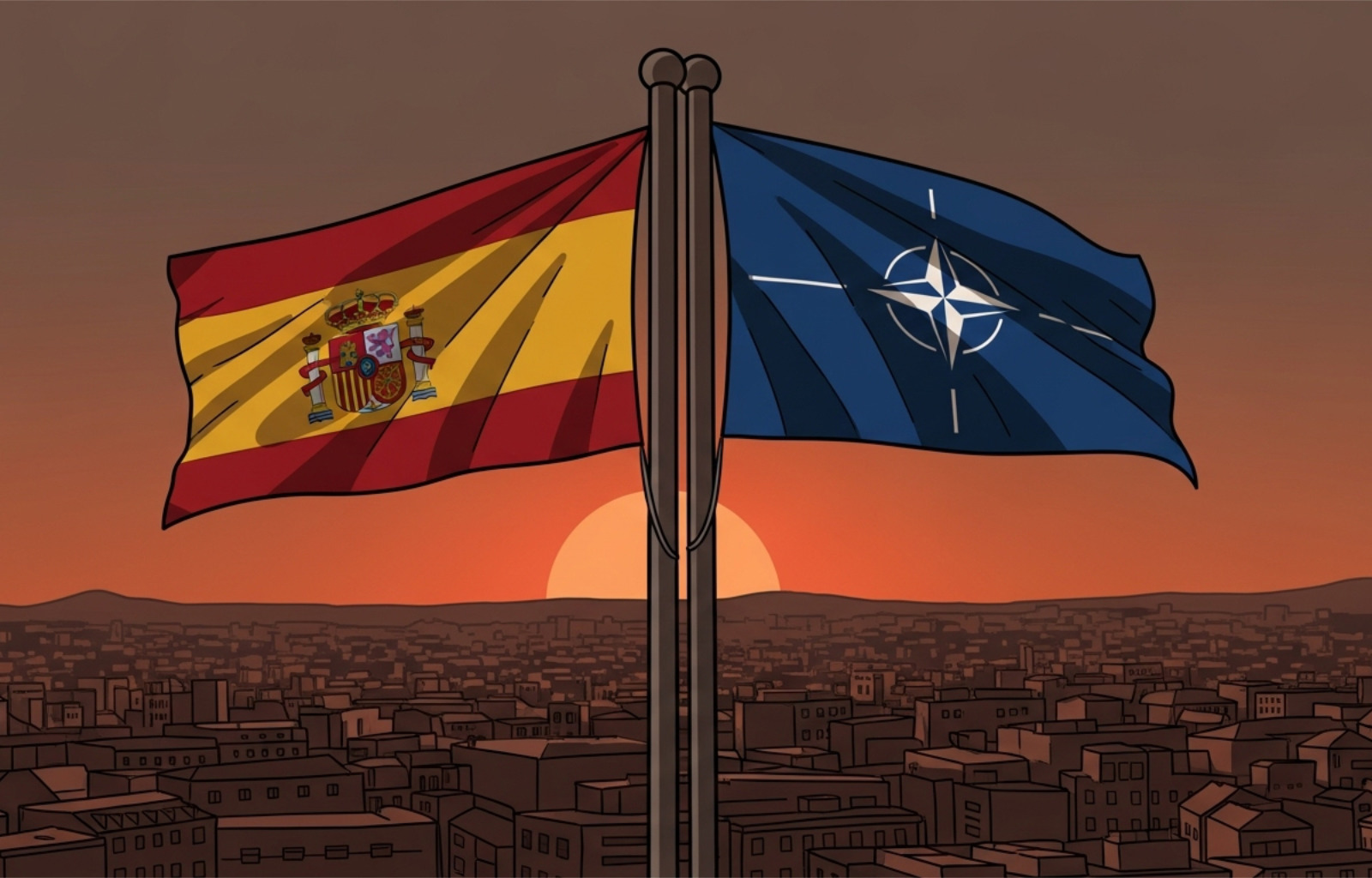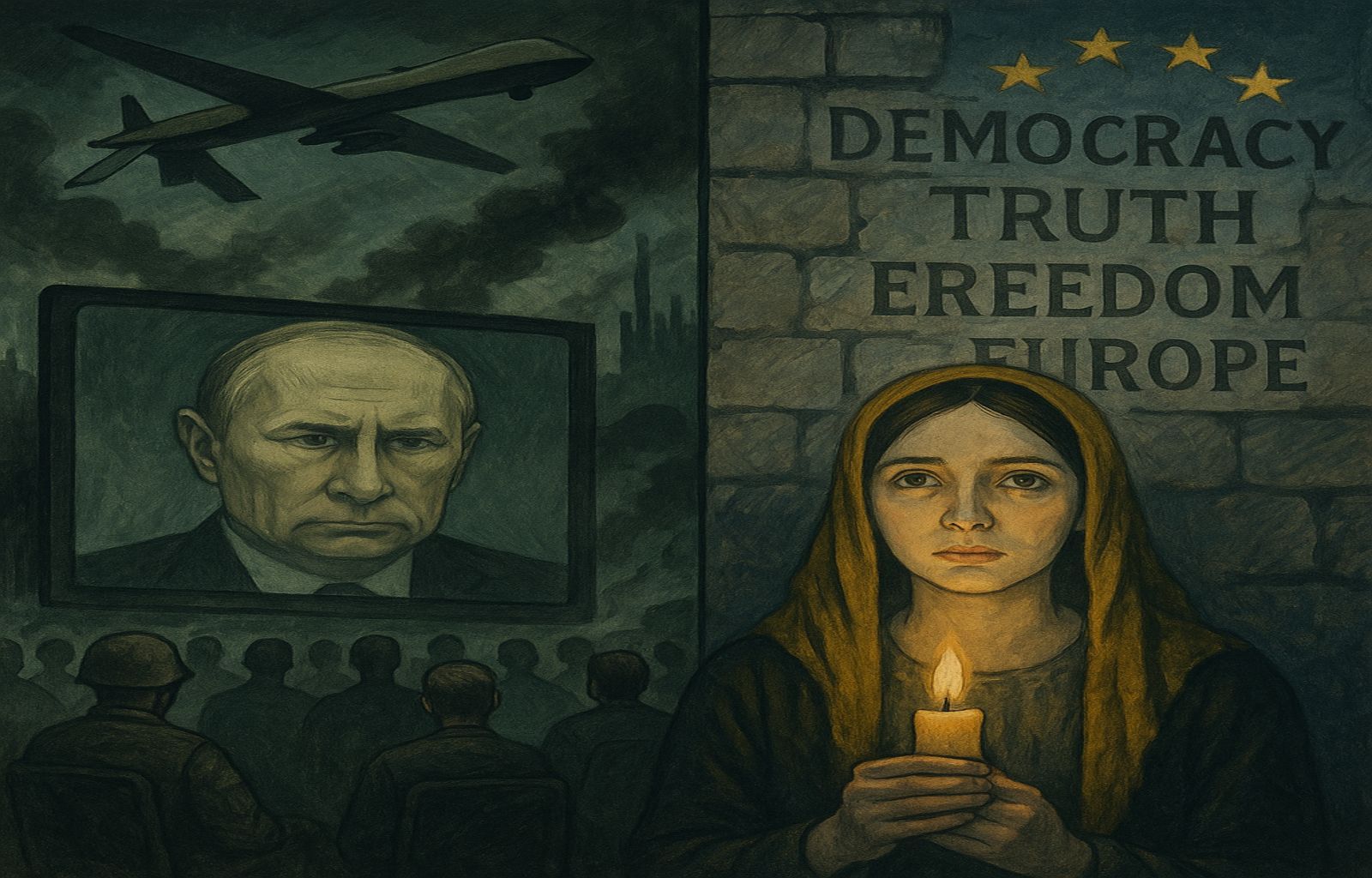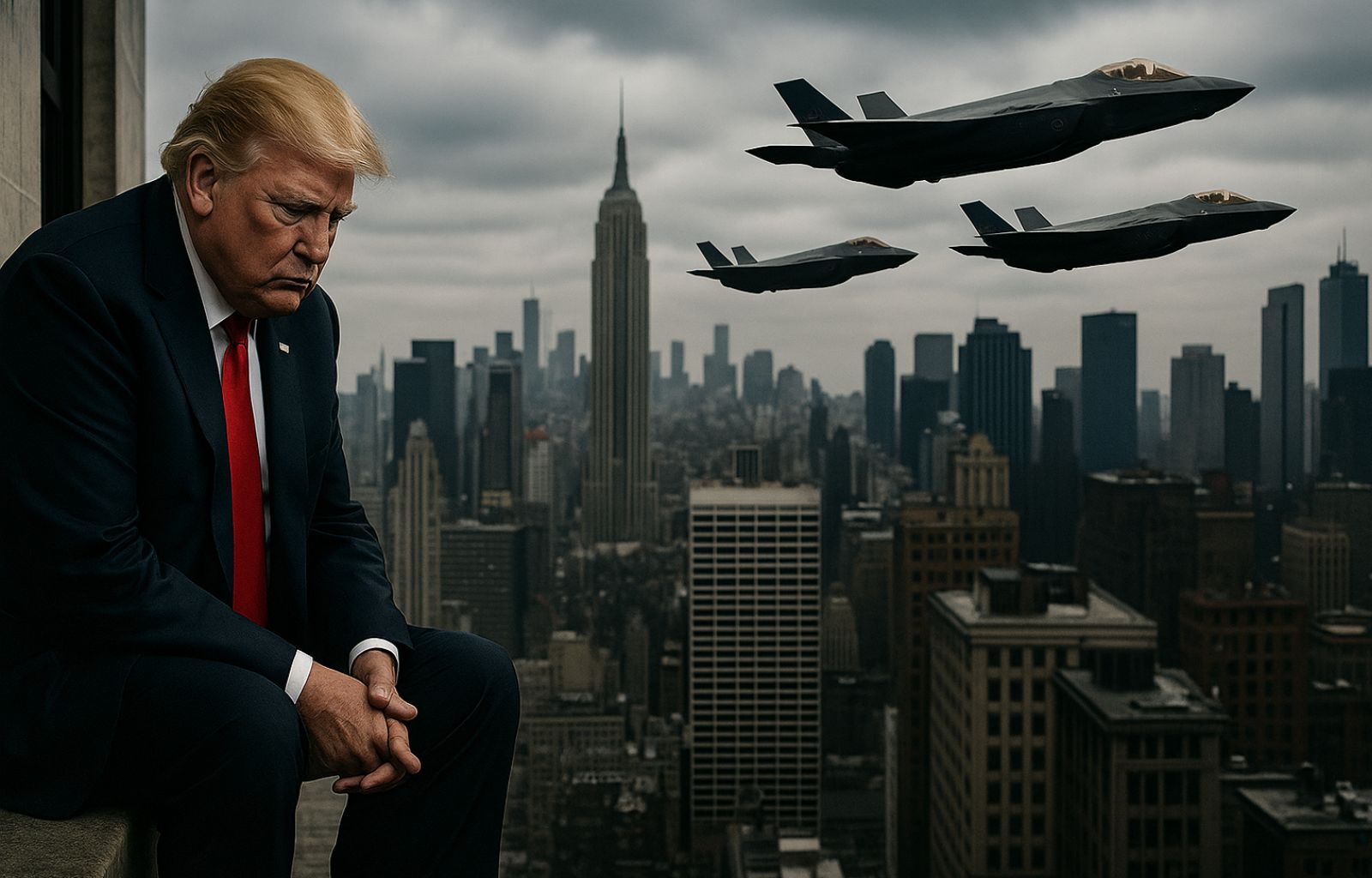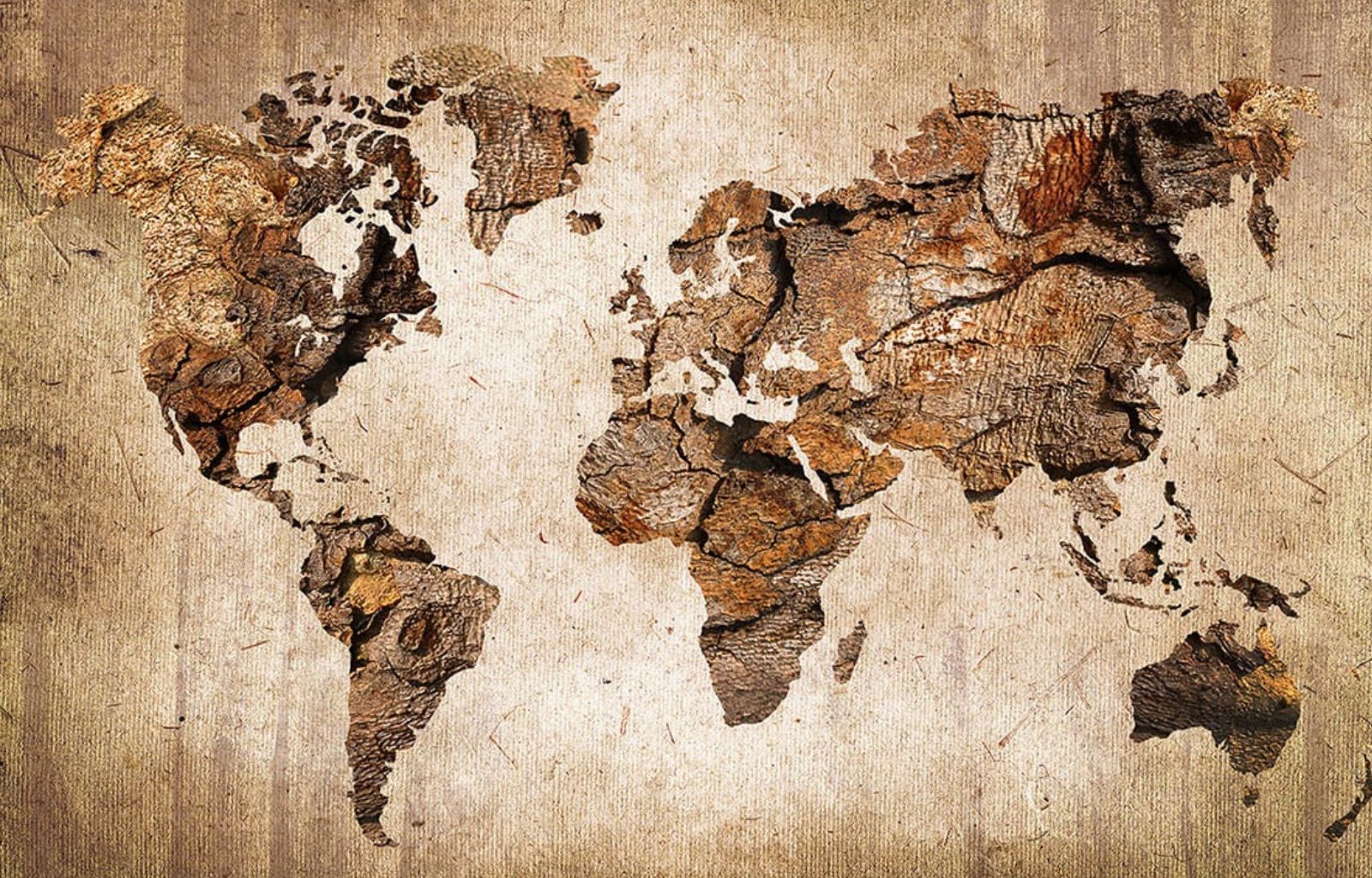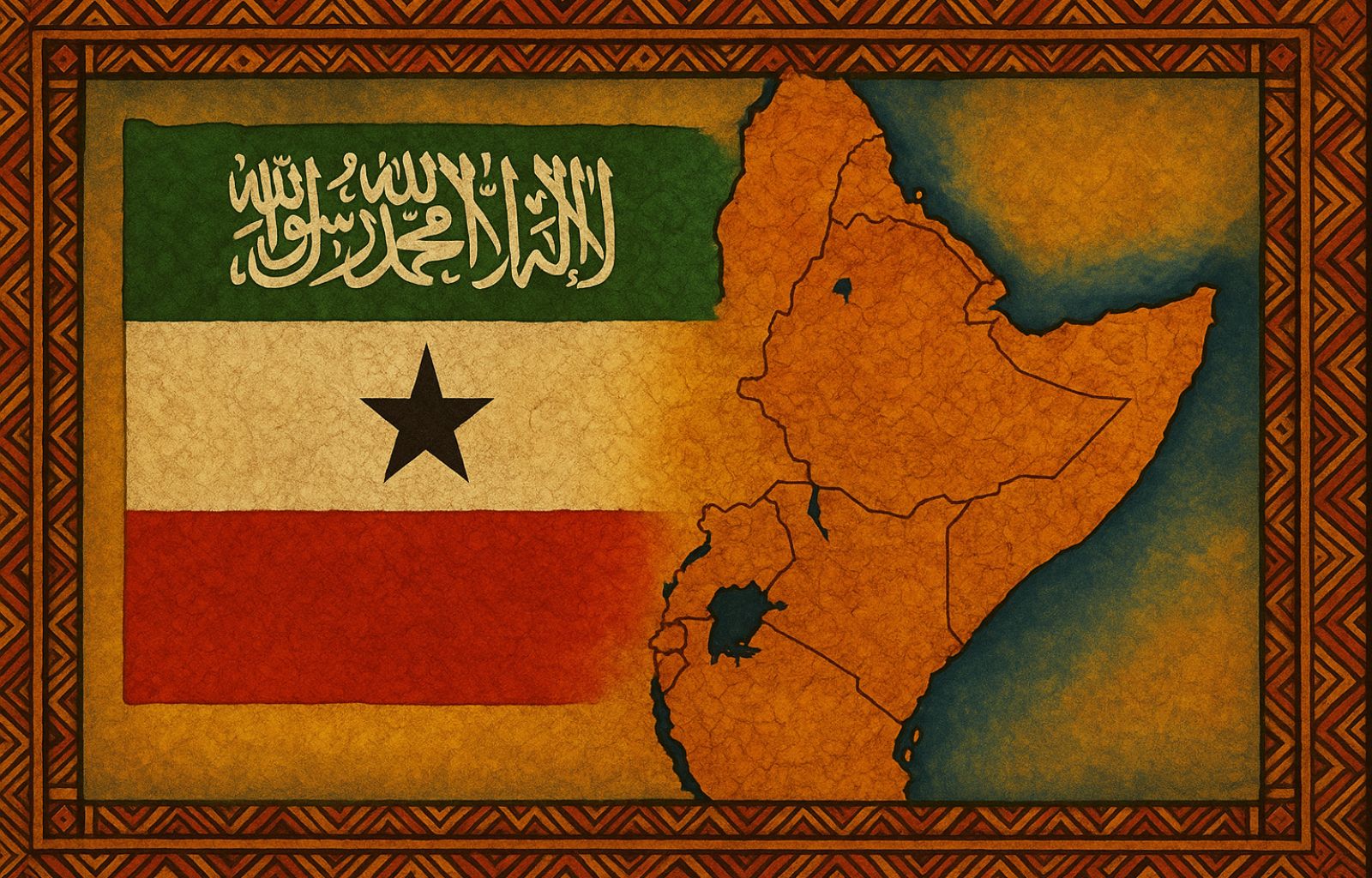Serbia is in revolt, the dictator is afraid
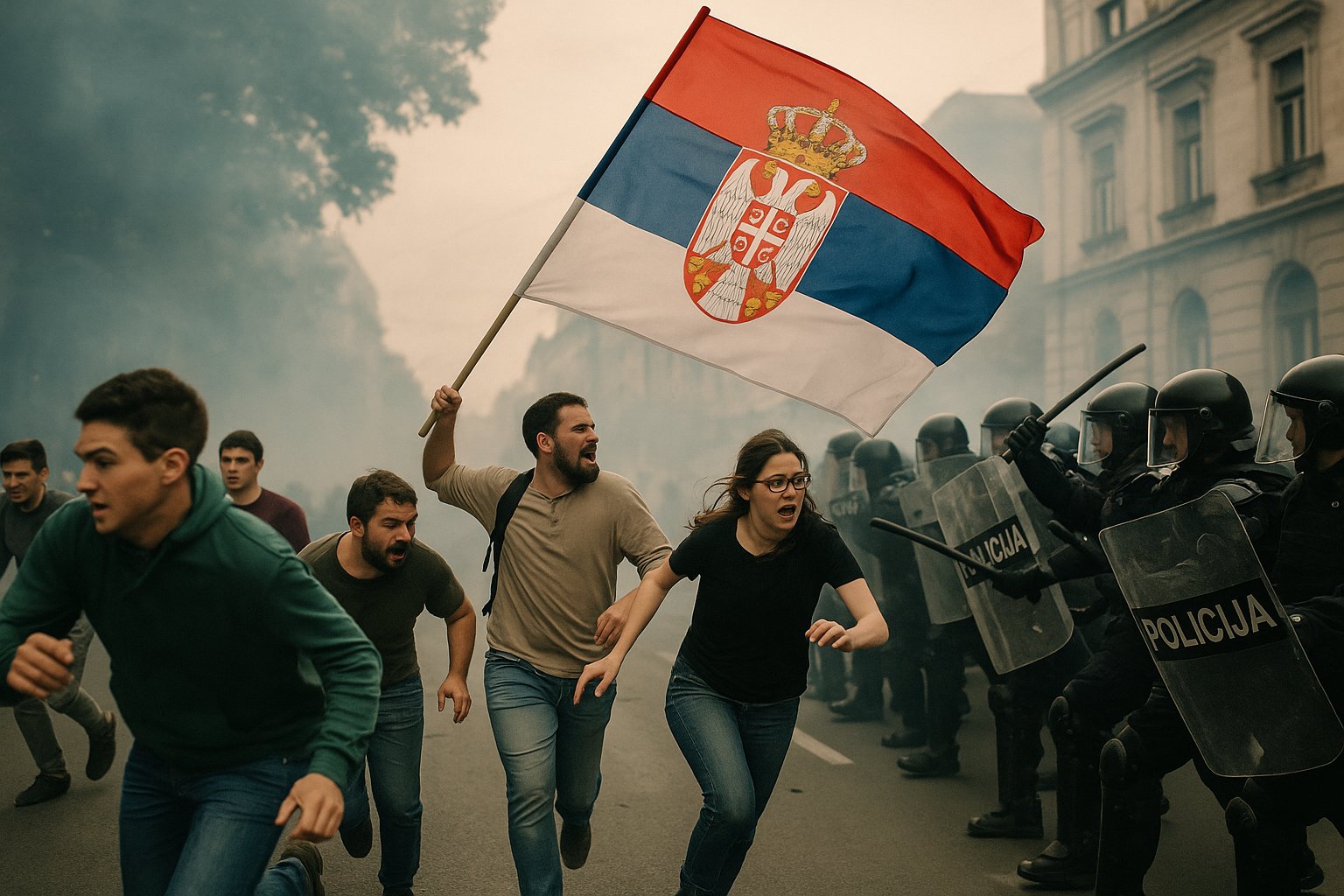
Belgrade, Saturday 28 June. Some peaceful demonstrators are chased by the police, others brutally beaten after an afternoon of non-violent protests.
What happened on Saturday is not an isolated incident. Since that tragic 1 November, when the collapse of a station shelter in Novi Sad claimed 16 lives, Serbia has been paralysed. Young people are constantly on the streets demanding justice, democracy and a concrete fight against corruption, identified as the main cause of the degradation of civil and social rights in the country.
Since then, public schools have been closed and universities occupied. Teachers no longer receive any pay or have access to health care. Chaos reigns, but Serbian citizens do not give up.
A turning point in the protests
This demonstration, however, marks a turning point: no longer are the six points demanded by the students – which focus on demands for transparency and reform – but the call for early elections to put an end to Aleksandar Vučić’s regime.
28 June is a symbolic date for Serbia: it is Vidovdan, an Orthodox holiday that embodies the spirit of national resistance. This day commemorates crucial events for Serbian identity, such as the assassination of Archduke Franz Ferdinand by Gavrilo Princip and the historic Battle of Kosovo in 1389.
Vučić fears collapse of consensus
Vučić, former Minister of Information under Milošević’s government, has declared that elections will only be held at the end of his term, between the end of 2026 and the beginning of 2027, and is unlikely to deviate from this decision. The president is afraid: with consensus at an all-time low, he hopes to regain popularity through the 2027 EXPO.
Repression on the rise
Meanwhile, the repression intensifies. The police, led by Interior Minister Ivica Dačić, militarised Belgrade. Citizens and students barricaded themselves in the streets, and the pattern of protest spreads rapidly to other cities. The response of the police is brutal: in the last week alone, there have been 75 arrests of students, university professors and ordinary citizens, labelled by the government as ‘traitors to the homeland’, just like the dissidents of Milošević’s regime.
Alongside the police operate unofficial groups but closely linked to Vučić’s power: beaters, Red Star ultras and MMA fighters, who act with brutality to suppress the individual freedoms of peaceful protesters.

The resistance of veterans
On the other side of the barricades, alongside students and citizens, are the veterans of the bloody wars of the 1990s: men sent to fight against brotherly peoples, then forgotten by the state. Today, those same veterans return to the streets, not to fight an external enemy, but to defend the dignity and rights of their own people.
International reactions
All this is happening on the doorstep of the European Union. Enlargement Commissioner Marta Kos has stated that she is closely following the developments, condemning all forms of hatred and violence and reiterating the importance of respecting fundamental rights. However, many Serbs perceive the EU as distant from the people and too close to the government. Emblematic is the case of the ‘Rio Tinto’ lithium mining project, which – if implemented – would have devastating environmental consequences on the territory.
A voice calling for justice
Behind the barricades and police charges, there is a population fighting every day to regain its voice, in a context where repression is the answer to the demand for rights. Yet, far too little is said about all this.
The West cannot remain indifferent
And the West in all this cannot remain indifferent. Even if it is an internal battle within a sovereign state, we have a moral duty to do what we can: to inform, to denounce, to support those who fight for freedom. Because democracy is never just a national matter: it is a common good, fragile and precious, which concerns all of us, European citizens.

